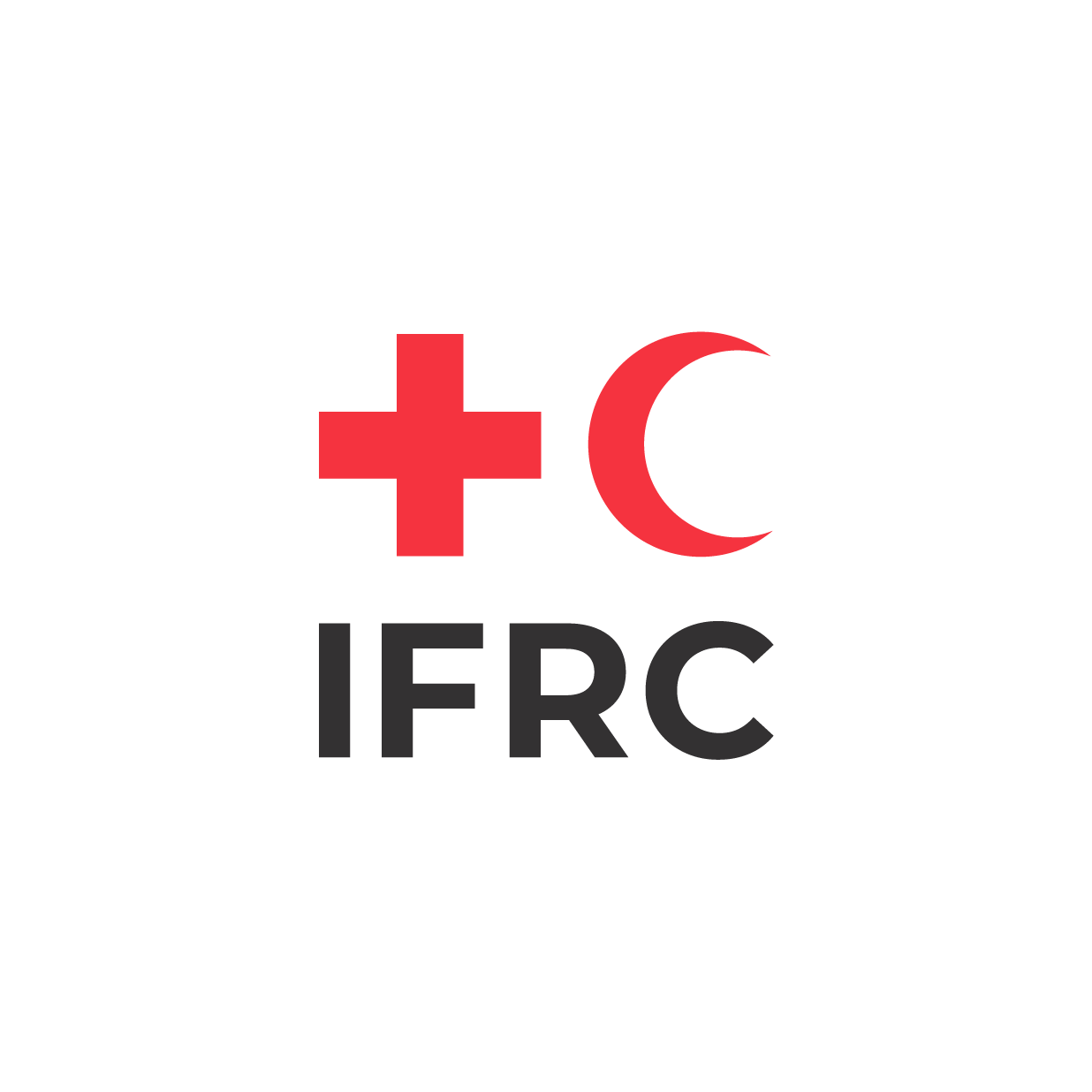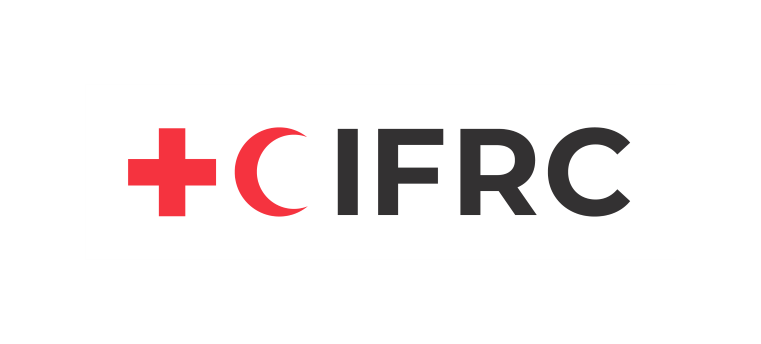Stage 0
Reference Sheet B
Resilience across the fundamental principles
Below are the examples of good practices in resilience strengthening that reinforce the Fundamental Principles of the International Red Cross and Red Crescent Movement
Humanity
The International RCRC Movement, born of a desire to bring assistance without discrimination to the wounded on the battlefield, endeavours, in its international and national capacity, to prevent and alleviate human suffering wherever it may be found. Its purpose is to protect life and health and to ensure respect for the human being. It promotes mutual understanding, friendship, cooperation and lasting peace among all peoples.
Resilience thinking promotes humanity by strengthening social cohesion, protecting the most vulnerable individuals in communities and connecting the neediest communities to partners that can help meet the needs they prioritize. Respect for humanity also implies that the Red Cross Red Crescent will not insist on providing only one type of support when communities adopt different priorities.
Impartiality
The Movement makes no discrimination as to nationality, race, religious beliefs, class or political opinions. It endeavours to relieve the suffering of individuals, being guided solely by their needs, and to give priority to the most urgent cases of distress.
National Societies identify the communities with which they work by comparing their needs with those of other communities (using secondary evidence or VCA). Communities are not selected on the basis of a single sector, or individuals, or funding. Individuals from the community are engaged inclusively and impartially.
Neutrality
In order to enjoy the confidence of all, the Movement may not take sides in hostilities or engage at any time in controversies of a political, racial, religious or ideological nature.
Maintaining neutrality while promoting resilience requires the completion of a thorough, integrated context analysis that clarifies power relationships. Decisions to support a community must take care to avoid favouring the priorities of any particular group in that community.
Independence
The Movement is independent. The National Societies, while auxiliaries in the humanitarian services of their governments and subject to the laws of their respective countries, must always maintain their autonomy so that they may be able at all times to act in accordance with the principles of the Movement.
While connecting communities with partners (especially with the Red Cross Red Crescent’s privileged partner, government) is a key service in promoting resilience, a systems approach must always maintain autonomy, and ensure that communities are at the heart of action.
Voluntary service
The Movement is a voluntary relief movement not prompted in any manner by desire for gain.
Volunteers must be well trained. They should be valued above all for their accompanying and problem‑solving skills, rather than technical skills. Ideally, they should be from the communities served.
Unity
There can be only one RCRC Society in any one country. It must be open to all. It must carry on its humanitarian work throughout its territory.
A unified National Society that demonstrates good internal coordination will be able to address the range of needs that communities prioritize.
Universality
The International RCRC Movement, in which all societies have equal status and share equal responsibilities and duties in helping each other, is worldwide.
While many National Societies are very advanced in their thinking about resilience, they should all have an equal opportunity to share pertinent experiences and strengthen future versions of this guidance.

The International Federation of Red Cross and Red Crescent Societies is the world's largest humanitarian network and is guided by seven Fundamental Principles: Humanity, Impartiality, Neutrality, Independence, Voluntary Service, Universality and Unity.
Follow IFRC
© The Global Disaster Preparedness Center 2024
